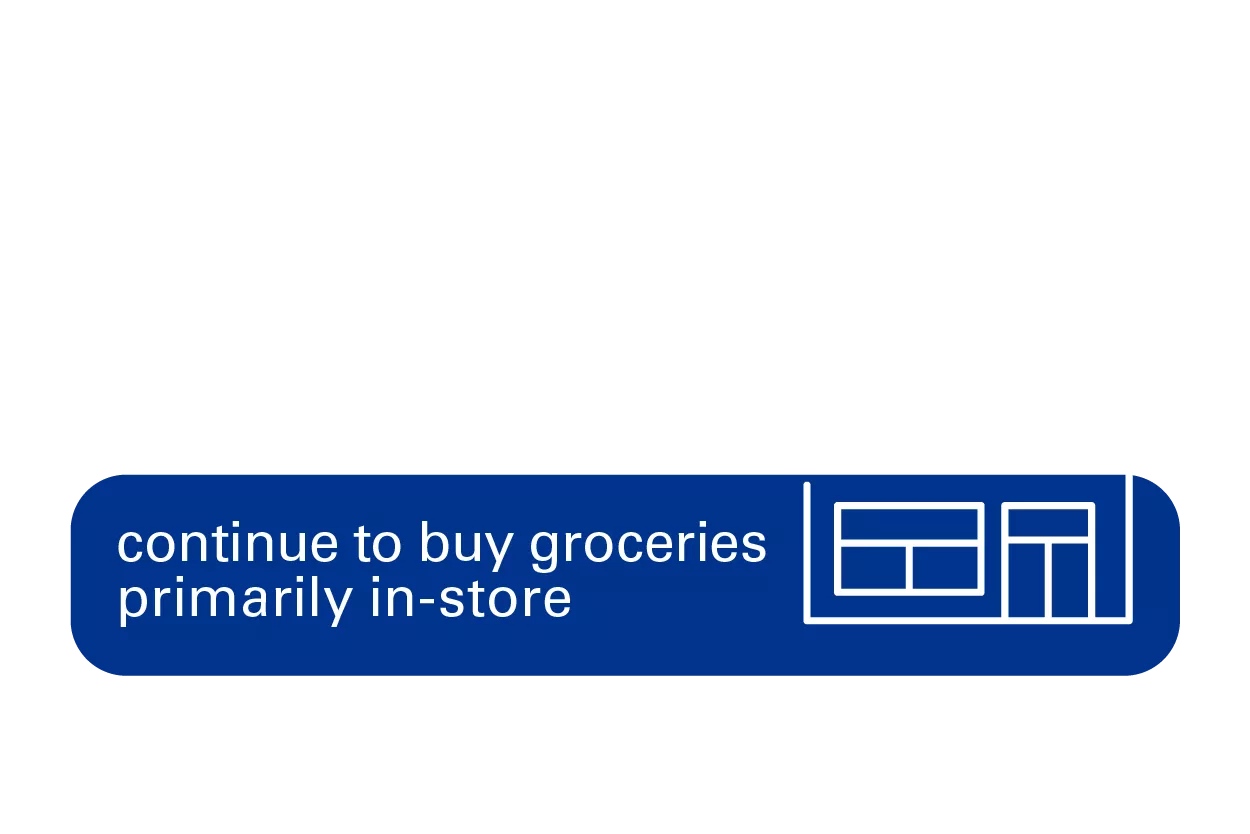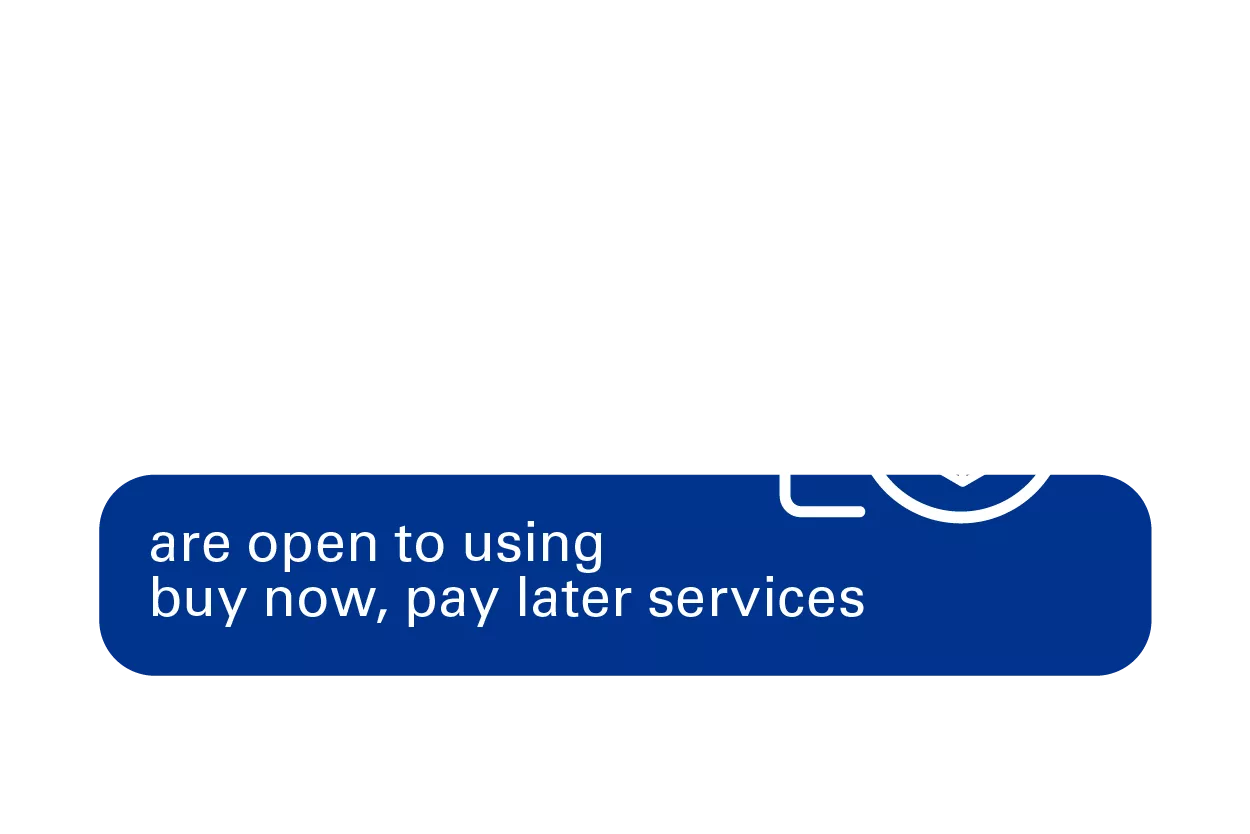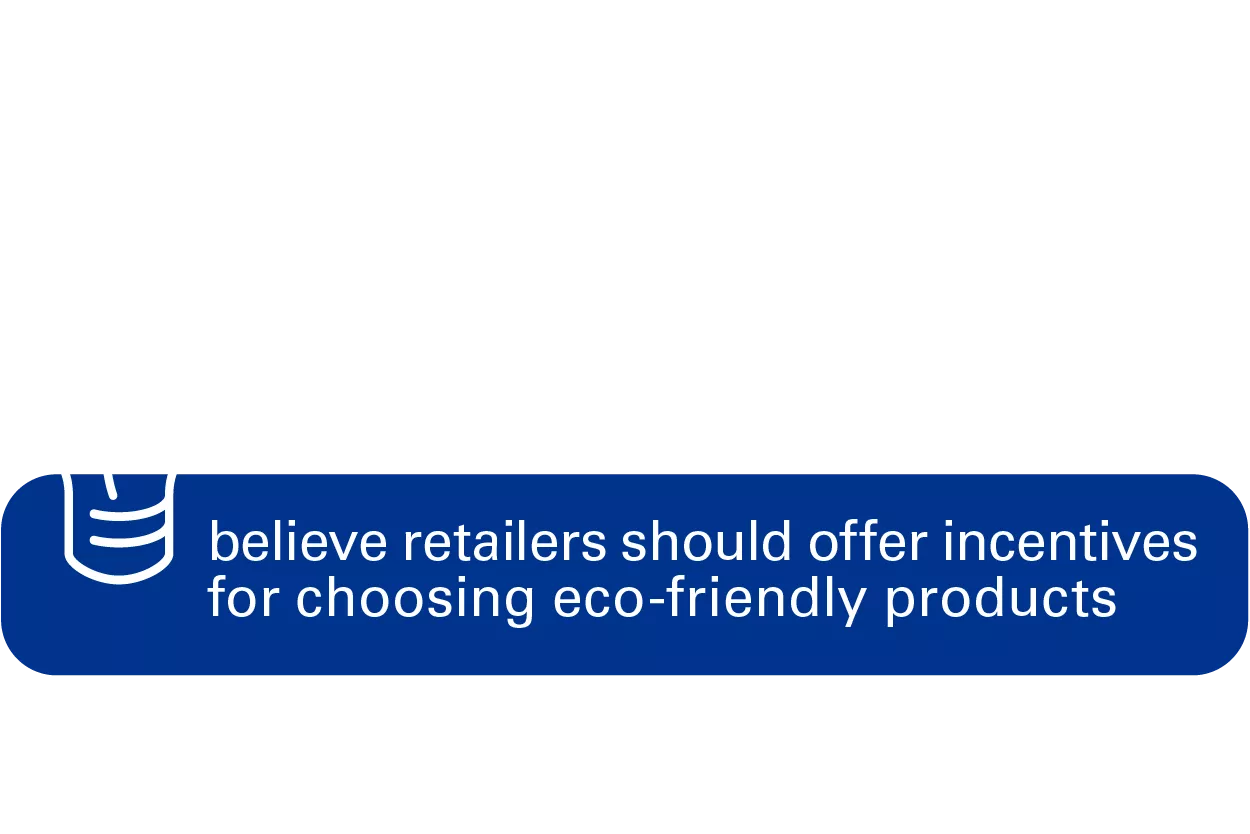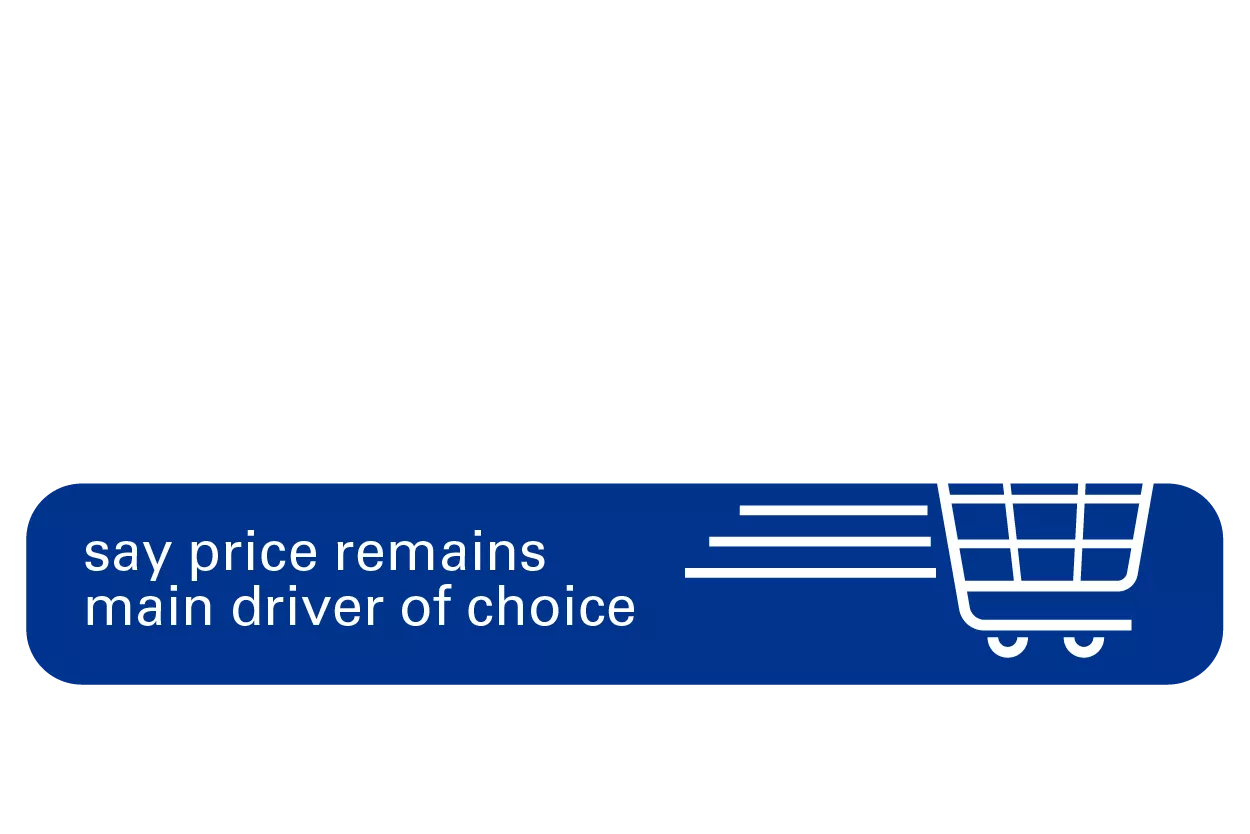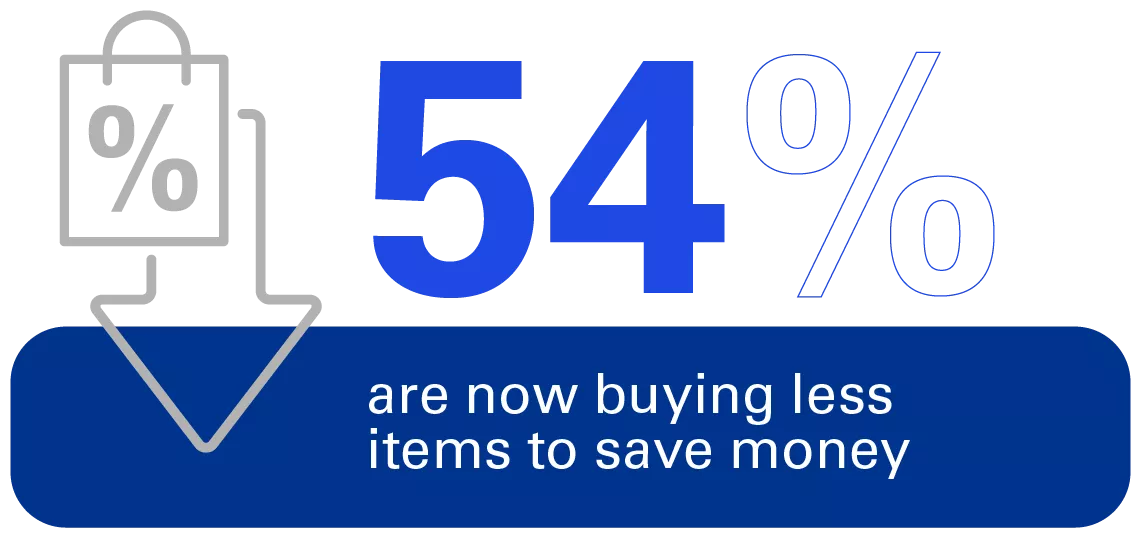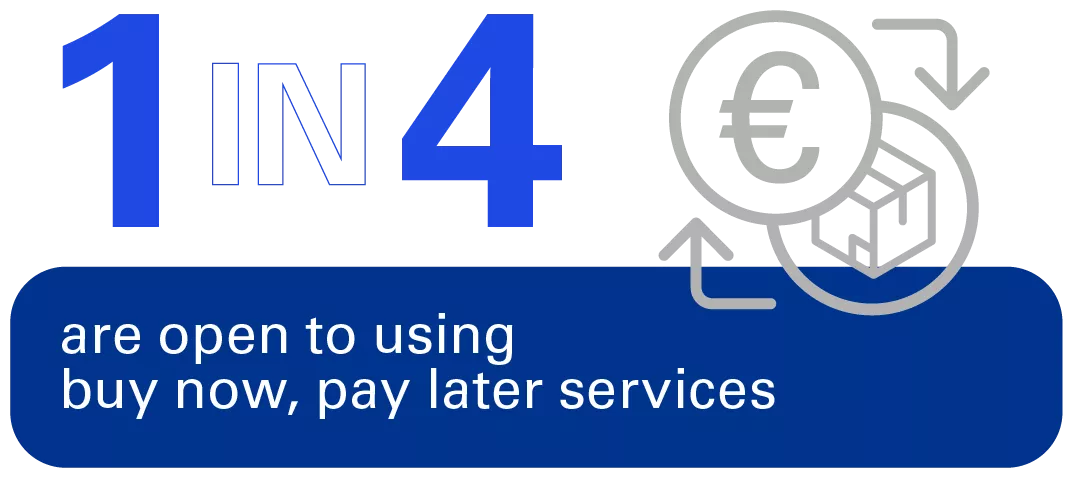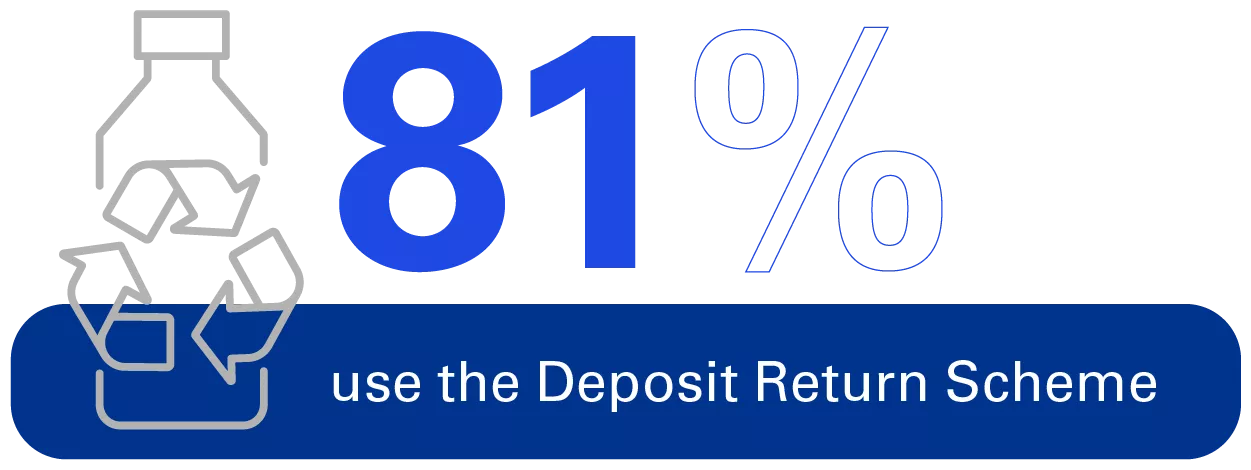The Irish retail sector is experiencing a transformative phase driven by shifting consumer behaviours, technological advancements, the rise of artificial intelligence, global economic uncertainties, and the impact of US trade tariffs.
According to the latest KPMG Next Gen Retail survey, almost a third of Irish consumers feel less financially secure now compared to the start of the year, creating a heightened focus on price and value for money in their shopping decisions.
The research was independently conducted in April 2025, following the US tariff announcements and reveals that 3 in 10 (30 percent) of consumers feel less financially secure while over half (56 percent) of Irish shoppers say getting the best price is the main priority for them when deciding where to shop.
Meanwhile, when thinking about favourite retailers or brands to purchase, the majority (88 percent) rate "value for money" as the most important offerings in their preferred retailers, followed by quality at 73 percent and choice at 48 percent.
David O’Kelly, Head of Consumer, Retail & Manufacturing at KPMG, said: "This research highlights the significant financial pressure Irish consumers are under as we move through 2025. Financial uncertainty could be compounded by increased trade headwinds depending on the form of the threatened tariff changes.”


